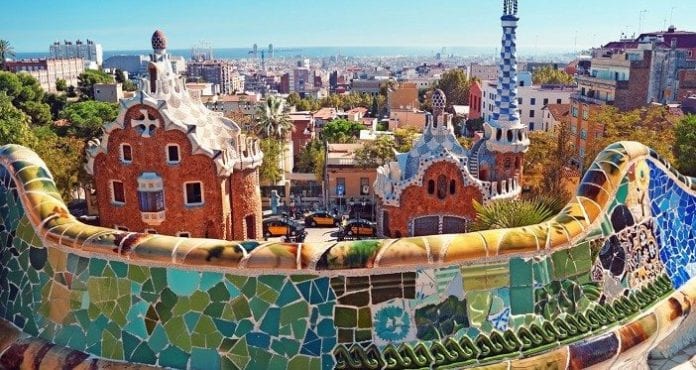Chinese vendor Huawei Technologies has signed a Letter of Intention (LoI) with the Barcelona City Council to collaborate in facilitating investment for innovative new technology projects in the Spanish city, Huawei said in a release.
The agreement was signed at the Smart City Expo World Congress (SCEWC) 2019, taking place this week in Barcelona.
Some areas of cooperation will include innovative technologies developed by Huawei, such as 5G, smart city applications, and digital transformation.
The vendor noted that the agreement endorses the commitment of Huawei acting as one of Barcelona’s key technology partners, providing a wide range of ICT technology development resources. Huawei also said that the firm is actively committed to innovation, R&D, and constantly looking for new initiatives to collaborate in the overall economic projection of the city.
Jaume Collboni, of the Barcelona City Council said, “Collaborations such as this with Huawei reinforce Barcelona’s position as an advanced technology city, contributing to the creation of high quality employment, and reinforcing us as a reference city in the Asian market.”
Collboni noted the growing number technology companies with headquarters in the Spanish city. “This adds to the more than 200 technology companies that have moved to the city in recent years, which highlights the importance of economic promotional work carried out by Barcelona in Asia to help us become a strategic partner in business projects such as the agreement just announced with Huawei.”
Sun Fuyou, Vice President of Huawei’s Enterprise Business Group, said “Spain is a very important market for Huawei. We established our business here 18 years ago and our commitment to contribute to the growth of the digital economy has only become stronger. We have a very close relationship with Barcelona, a city that welcomes us every year to showcase our most innovative technologies at the Mobile World Congress, and the Smartcity Expo World Congress. Our aim is to cooperate in the digital transformation of Barcelona to help make it the most innovative city in Europe.”
During the Smart City Expo World Congress, Huawei showcased a wide-range of urban applications, such as intelligent education, intelligent healthcare, intelligent government, which are all based on the Horizon Digital Platform and Intelligent Operation Center (IOC) for cities.
Based on this platform, Huawei also launched the “HiCity” Intelligent City Solution, which according to the vendor “optimizes the integration of a variety of new ICT technologies and data to streamline service processes, share service data, and transfer information flows, reducing the threshold for the use of new technologies and makes integration easier.”
During the expo, Huawei officially released the Smart City Development and Governance Standpoints Paper. Through urban case analysis, the paper details two typical models and six paths of how intelligent cities empower urban development.
The paper offered four initiatives on intelligent city construction. First, adaptation to new trends and shifting of the role of governments can accelerate intelligent city deployment. Second, adopting an economy-driven model can boost economic vitality. Third, systematic planning is needed to build a comprehensive and layered intelligent city capability system. Fourth, multi-faceted efforts help secure the sustainable development of intelligent cities.
Huawei also highlighted that its intelligent city solution has served more than 500 million people in over 200 cities across more than 40 countries and regions.

